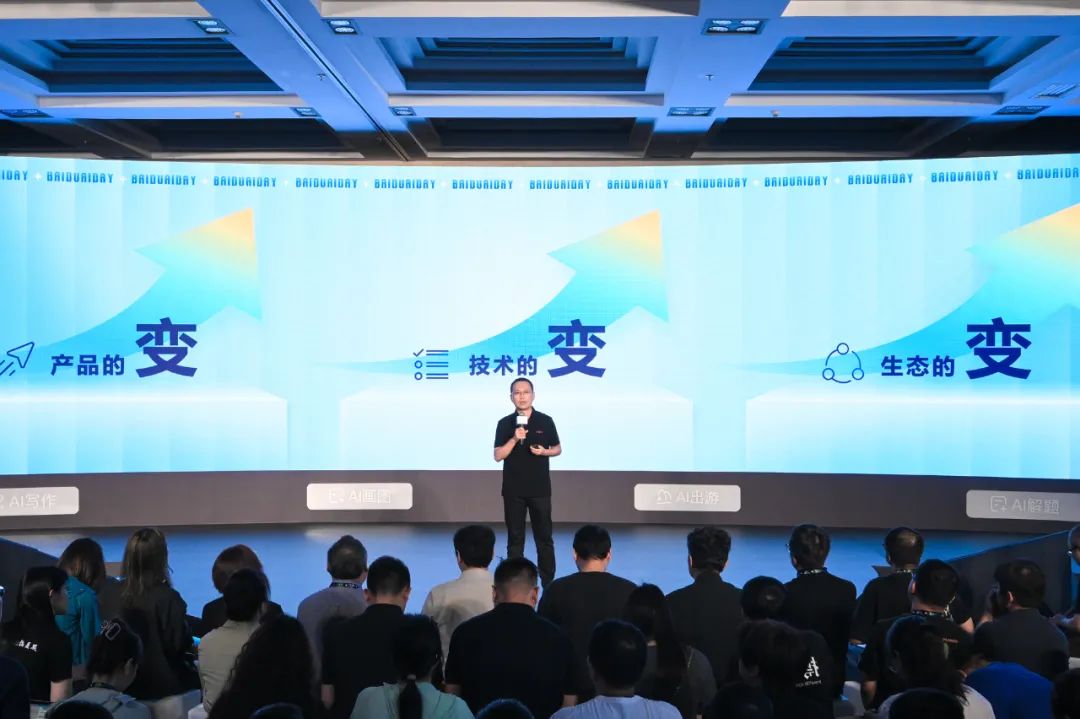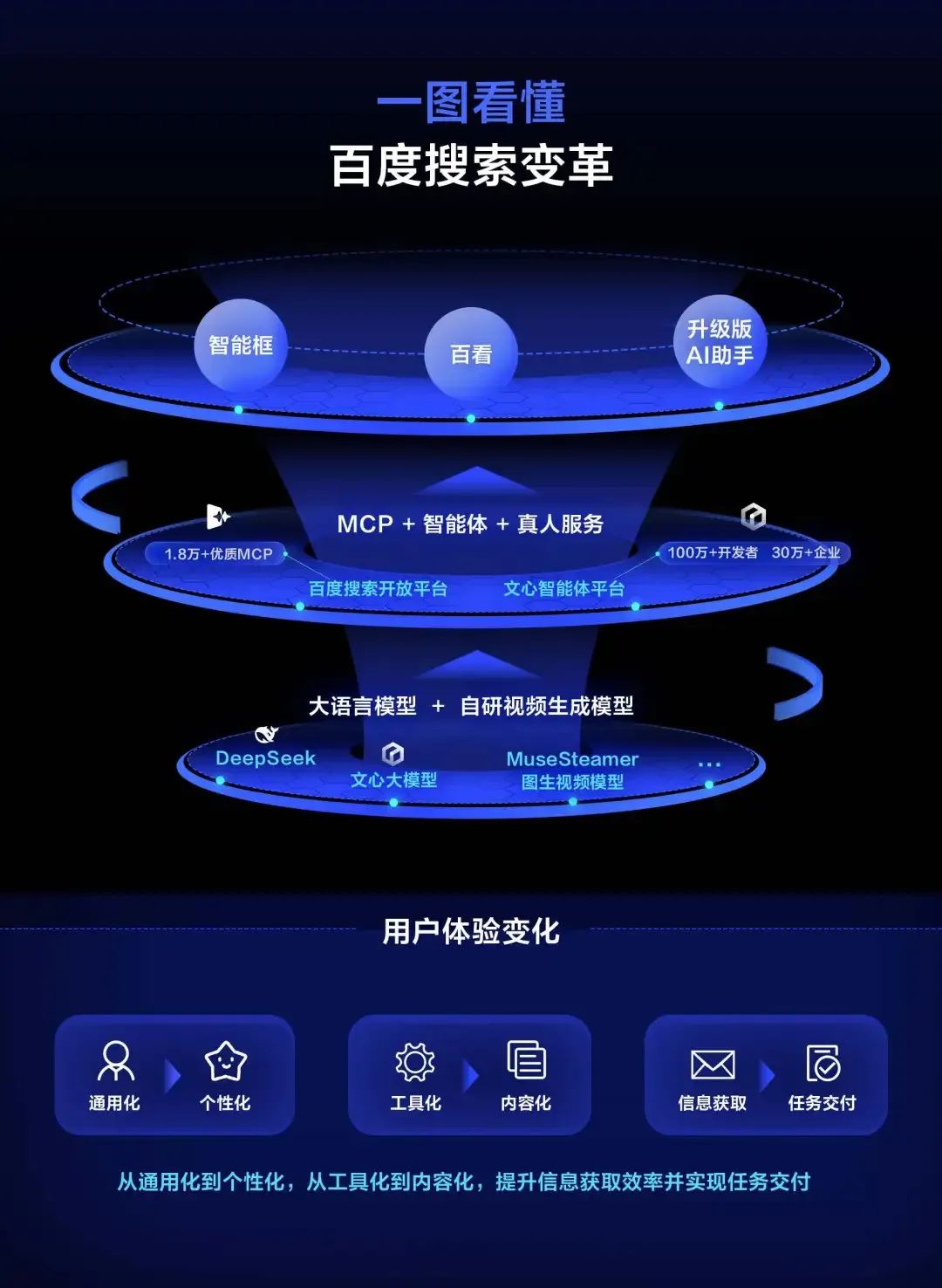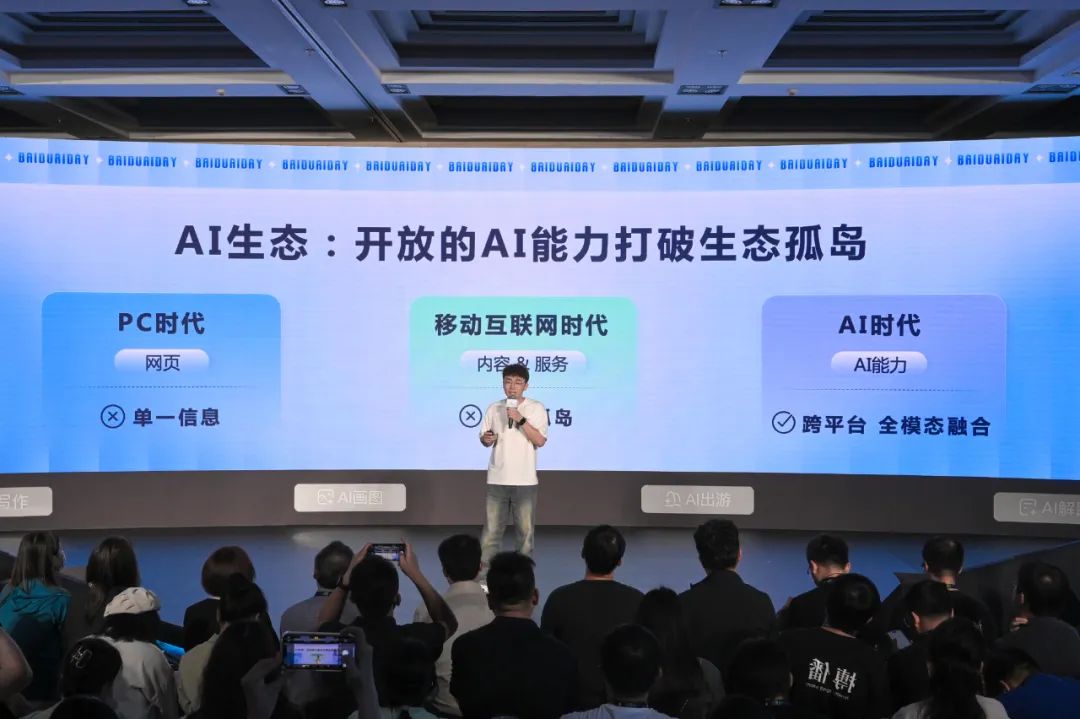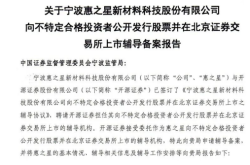Baidu AI Revolutionizes Search: Robin Li Should Value 'One Baidu' More
![]() 07/04 2025
07/04 2025
![]() 678
678

Zhao Shiqi, General Manager of Baidu Search, Source: Event Venue
Baidu's transformation of search extends far beyond merely enlarging the search box.
On July 2, at Baidu AI Day, Zhao Shiqi, General Manager of Baidu Search, unveiled the most significant overhaul of Baidu Search in a decade. Addressing media outlets including Tang Chen, he emphasized the necessity for traditional search products to evolve. "Internally, we've been discussing the need to move beyond the conventional form of search," he said.
Baidu Search's aspiration to "forget search" isn't a denial of search's value. I've previously noted that, leveraging cutting-edge AI capabilities, the search industry now distinguishes between traditional and AI-driven search. Traditional search, relying on existing user bases, product scales, and business models, continues to stack AI features, thereby increasing AI content.
Zhao Shiqi echoed this assessment. He explained that most so-called AI search products are merely "AI connected to search." True AI search necessitates a deeper integration of AI models and search functionalities.
This signifies that Baidu's AI-driven search transformation is a comprehensive innovation encompassing the search box, search results page, and the entire search ecosystem. It evolves from simply "finding" and "knowing" information to "getting" and even "doing," continually expanding the boundaries of search capabilities.
Baidu AI Takes a Bold Stance on Search
This process mirrors how the iPhone "reinvented" the mobile phone. It's not merely an evolution of traditional search interaction methods but also integrates richer AI capabilities, service ecosystems, and business models, with the search box serving as the entry point. This transforms search from a list of links into an "intelligent task scheduling center," reinforcing the value of a "single entry point."
Overall, Baidu's bold stance on search this time embodies four key characteristics in reimagining search:
Firstly, actively seeking change. The most notable change in Baidu's overhaul is the enlargement of the classic search box, transforming it into a "Smart Box." This new box can now accommodate long texts exceeding a thousand words and even file uploads, directly integrating functions like AI writing and AI drawing. Its understanding capabilities have also improved, enabling it to find answers to creative needs such as travel route planning, as well as vague queries like movie recommendations and actor identifications. Prior to this, Baidu's search box had remained largely unchanged for over two decades.
Additionally, the search results page has been upgraded from providing links to directly fulfilling user needs. Baidu Search has enhanced its "Baikan" feature, which not only outputs structured content in the form of images, texts, audio, and video but will also successively integrate services such as avatars and real-person interactions. For instance, when a user asks, "What are some suitable digital products for gifts recently?" instead of providing a list of links, the search now helps users sort information and even allows direct ordering on the search page.
Secondly, integrating more AI capabilities, with a focus on upgrading the "AI Assistant" in several aspects. For example, video calls have been added, and capabilities for multimodal inputs such as voice, images, and files have been enhanced. Multimedia output capabilities have been enriched, fully supporting mixed layouts of content like images, videos, and notes, while intelligently adjusting output results based on user habits and preferences.
Baidu Search has also upgraded its intelligent creation capabilities, enabling the generation of a three-minute creative video with just one sentence. After video creation, it supports storyboard editing, custom image content, and provides a one-stop service "from inspiration capture, content generation to full-platform publishing," significantly lowering the threshold for creation. Users can create trending videos with one click without switching between multiple platforms or engaging in shooting and editing. Currently, this capability is primarily available on PC and can be experienced by searching for keywords such as "AI Video" and "Baidu Intelligent Creation."
Thirdly, emphasizing the construction of the AI ecosystem. In the mobile internet era, one significant reason why Baidu Search lost its dominance was the challenge it faced in the content ecosystem. As search products enter a new round of transformation, while Baidu cannot yet fully determine the future product form, it's certain that an open ecosystem is more beneficial for search engines. Baidu hopes to seize this opportunity to establish a more diverse and newly open ecosystem.
At the Create2025 Baidu AI Developer Conference in April this year, Baidu founder Robin Li officially launched the Baidu Search Open Platform, providing an ecosystem solution for the AI era. Currently, the Baidu Search Open Platform has indexed over 18,000 high-quality MCPs (Model-Content Pairs), many of which can already be directly invoked by Baidu Search, significantly enhancing users' search experience.
Fourthly, repositioning Baidu Search. Baidu divides the new search system into a three-tier architecture: the bottom layer comprises a multimodal model base (with ERNIE Bot as the core, while also integrating external models such as the self-developed video generation model Muse Steamer and DeepSeek); the middle layer includes the MCP scheduling platform, Agent tools, and real-person services; and the top layer consists of the C-end-facing "Smart Box," the information stream product "Baikan," and the upgraded AI Assistant.

After the revamp of Baidu AI Smart Search, it has been upgraded from an information retrieval tool for "obtaining answers" to an intelligent work platform for "delivering results." Its operation no longer adheres to the traditional "keywords + links" search mode. Users can ask questions with an image, describe a task with a sentence, or issue a goal in natural language, with the system automatically scheduling large models, audio and video content, AI tools, and real-person services to obtain the final result.
Two months ago at I/O 2025, Google also significantly reconstructed its search. Google not only embedded conversational capabilities directly into search, reconstructing the search experience, but also explored multimodal input and ecosystem-level interaction methods starting from Gemini.
Ultimately, the product form of Google Search changed, and the search logic was also updated with AI: a system composed of AI Mode and Task Assistant can complete complex tasks such as price comparison, virtual try-ons, and checkout, upgrading Google Search from "answering questions" to "helping users get things done."
While Baidu's path differs, both companies share the same goal: to build a "simple-looking but actually powerful" AI search by "taking a bold stance on the search box."
The Value of 'One Baidu' is Being Greatly Enhanced
In my view, this overhaul of Baidu Search is not merely a reconstruction of search business capabilities through AI but also a test of Baidu's AI strategy for users, particularly AI to C (Consumer).
In this test environment, search serves as Baidu's starting point and its most crucial competitive advantage. Even in the AI era, Baidu still aims to use search as the super entry point for AI, proving that AI search remains the super entry point in the AI era.
Behind AI smart search lies not just webpages and links but a super app aggregation ecosystem powered by capabilities such as large models, MCPs, Agents, and the AI ecosystem. In this ecosystem, AI functions as the intelligent hub, the revamped "Smart Box" serves as the super entry point, and search becomes a comprehensive platform for task completion, ecosystem connection, and intelligence mobilization.
From this perspective, a hidden value of Baidu Search's Smart Box emerges: the essence of the concept that can be termed 'One Baidu' has been significantly enhanced.
This concept is akin to 'One Ford,' 'One Microsoft,' or 'One Geely,' where a leading large company strategically refocuses amidst rapidly changing competitive landscapes. For Baidu, it holds two meanings:
On one hand, through the integration of AI technology, ecosystem openness, and deep cultivation of application scenarios, Baidu is transforming AI search into a super entry point where "everyone can equally and conveniently obtain information and find what they are looking for." Through this entry point, Baidu can connect information, services, and business ecosystems, further promoting the construction of an open ecosystem. This gives new AI applications, MCPs, and Agent traffic, making it easier for users to find what they need and enabling Baidu to exert greater value, "using AI to do things that are truly useful to users."
Baidu has a double advantage here: on one hand, it has 20 years of accumulated web indexing and information understanding capabilities; on the other hand, it has the continuous evolution of the large model product ERNIE Bot. Only by combining these two can '1+1>2' be achieved.
On the other hand, the 'One Baidu' concept presented by Baidu Search can be projected onto more of Baidu's businesses. Simply put, Baidu refocuses on the search box and, through AI capabilities, aggregates services such as e-commerce, intelligent cloud, autonomous driving, and content information streams into the middle layer of the new three-tier architecture, concentrating resources and capabilities. This is necessary and may also be a path for Baidu to break the current situation.
For example, AI to C products such as Baidu App have been criticized for having complicated functions and a "bloated" form. The key reason is that Baidu wants to present the best functions or products to users, pampering them. However, this accumulation only makes products born in the internet or mobile internet era increasingly difficult to use.
AI reconstruction is a good incision, with typical examples being Alibaba's e-commerce integrating instant retail businesses such as Ele.me and Fliggy; JD.com expanding its business to areas like food delivery and travel; and Meituan also increasing its focus on e-commerce and content. Their common trend is to become super apps supported by AI capabilities, resulting in 'One Taobao' or 'One Baidu.'
To some extent, Baidu AI Smart Search can also be seen as an effective trial run of specific businesses under the 'One Baidu' umbrella. I believe that 'One Baidu' should be prioritized on Robin Li's agenda and receive attention and consideration at a higher level.

Another detail that cannot be overlooked is that, in addition to proving that the Smart Box remains the premier super entry point in the AI era, I also observe that Baidu is contemplating and exploring the business model and commercial value of AI search through this search overhaul.
The reason is straightforward. When the search engine results page transitions from providing links to delivering answers and content, it's bound to have a significant impact on the traditional search advertising model.
Taking SEO (Search Engine Optimization) as an example, this is a major monetization method for traditional search, but its full-screen advertisements are not user-friendly. The results presented by AI search are more vertical and precise, to some extent compressing the commercialization space for manufacturers.
Does this mean SEO is no longer needed? The answer is no. With the continuous iteration of AI search, a new trend is emerging: AI search is also reshaping traditional SEO. The 'SEO Strategy Transformation Research Report for AI Intelligent Assistants' published by Quantum Bit Intelligence Unit points out that search is no longer the "kingdom" of information portals. Nearly half of AI answers are sourced from content communities, especially in professional topics, where content communities have higher citation weights, exceeding 60%. In the AI era, the value of more professional content communities will be greater.
Baidu also cannot guarantee that it has explored a mature commercialization path. Zhao Shiqi also mentioned that the current form of Baidu AI Smart Search is only a stage of thinking. What exactly AI search entails remains an ongoing question without a definitive answer, and perhaps there will be new thoughts and changes in the coming months.
However, it's certain that the commercialization of AI search will no longer be as straightforward as pushing advertisements to users' search results. It may involve using data analysis to identify products or services that users may be interested in and presenting them in a more natural and friendly way.
For example, AI search may also provide intelligent enterprise search solutions, open AI search interfaces, offer intelligent search capability support for third-party developers or intelligent hardware such as AI glasses and in-vehicle devices, or adopt a Perplexity paid subscription model.
Regardless of the path chosen, it's testing the balance between advertising and user experience.
Currently, there's no unified industry understanding about the form of AI search. At a stage where there's no consensus, Baidu still aims to find the product form that best meets user needs through continuous exploration and rebuild its competitive advantage. Baidu's bold move to actively seek change in its core business, adapt to the industry situation, and bravely explore is an excellent start towards rebirth and regaining leadership.
Reference Materials:
China Business News, 'Forget Search', Baidu Search Business Undergoes Its Biggest Revamp in a Decade
ECNS, Baidu Search Wants to 'Forget' Traditional Search
LatePost, 'One Taobao': Alibaba's Unannounced Strategic Transformation
Certified authors from platforms such as JING



